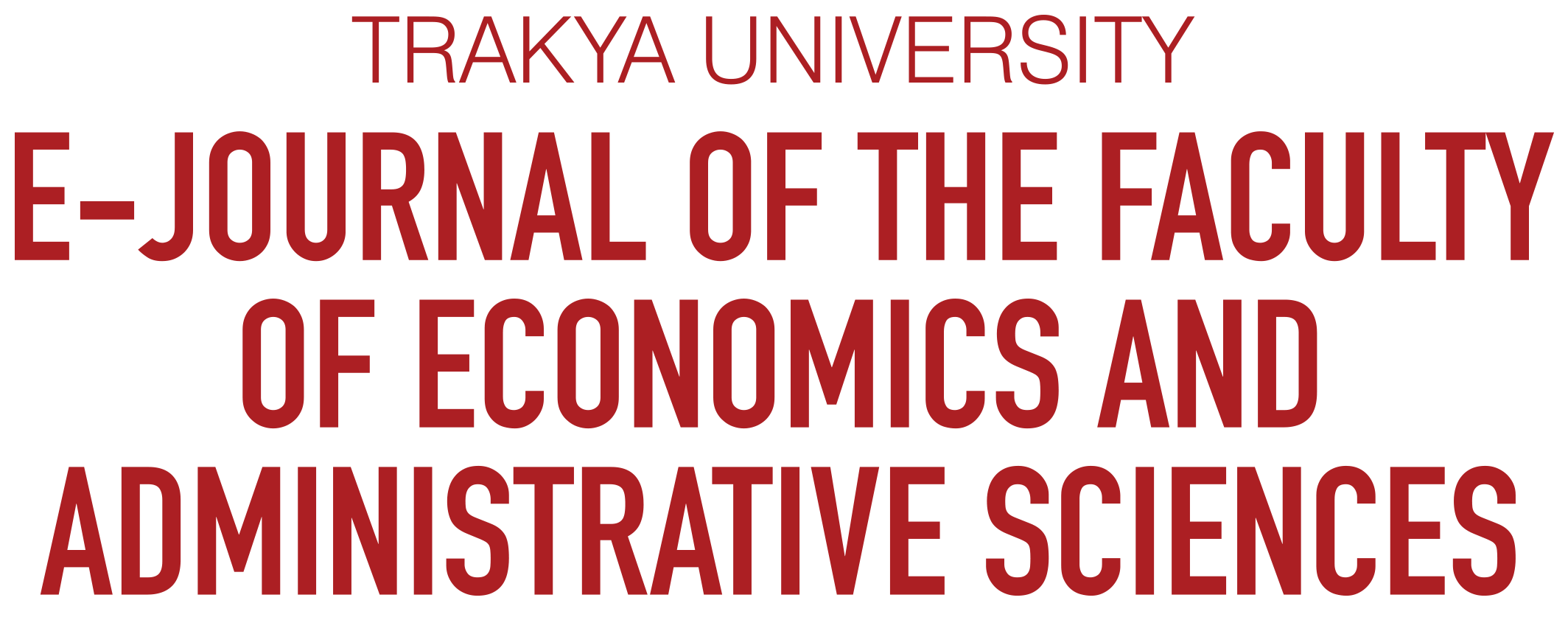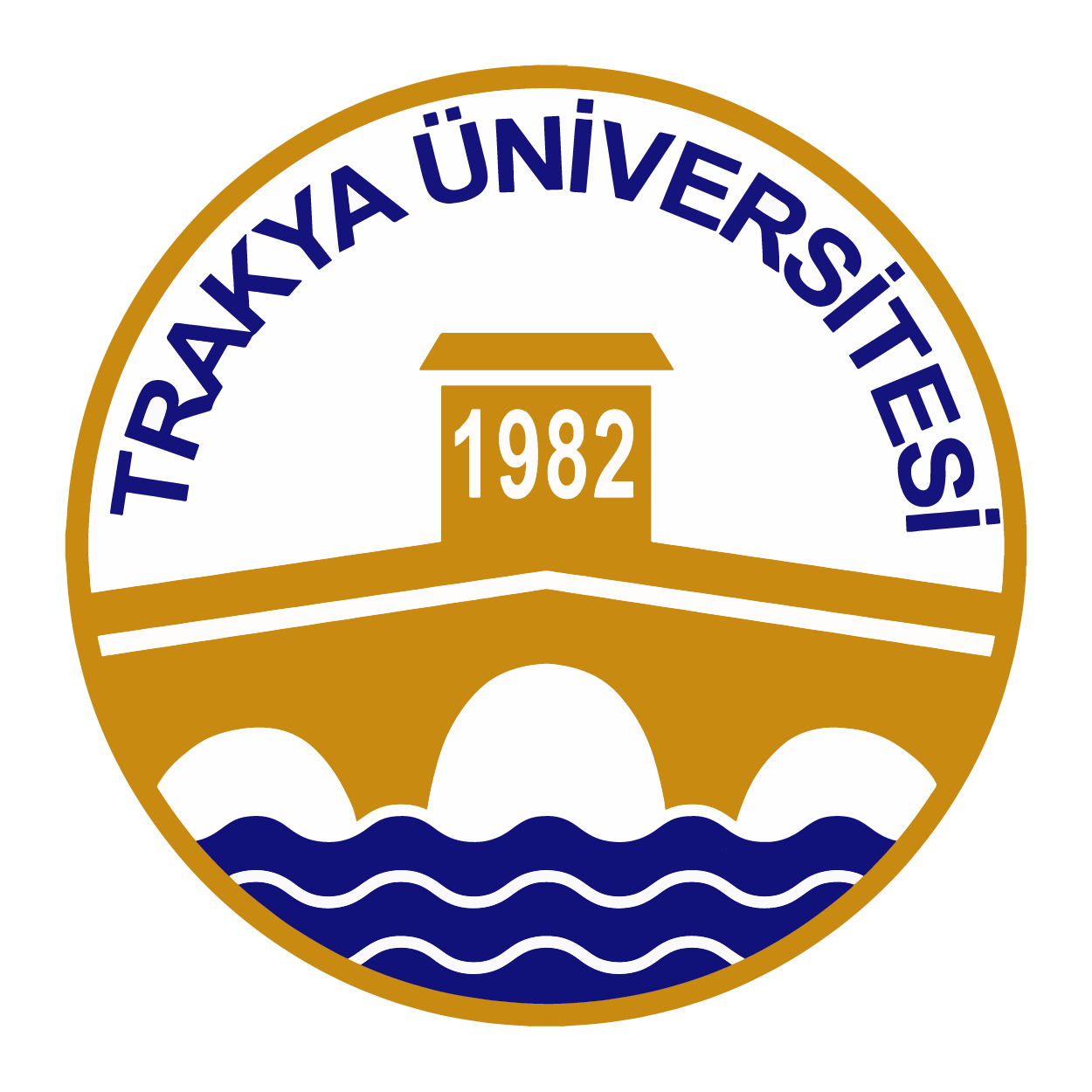Abstract
In the classical feasibility, economic data are collected, equity efficiency and net profitability of projects are calculated. The purpose of the business model is to make the entrepreneur question the hypothesis regarding the value proposition and the ecosystem surrounding the business. This method of implementation is the startup feasibility study implemented in "Entrepreneurship training at Standford University" and "accelerator centers". It is an approach that defends that writing long business plans is useless. The elaborate plan is a huge waste of time, as it will never happen. Startup is a learning platform to test assumptions by business model. The business model guides in creating these assumptions. In this article, the business model developed by Osterwalder and Pigneur is shown in 9 different categories with examples in the pharmaceutical and tourism sectors. As the R&D team in the pharmaceutical sector leaves the laboratory and learns market expectations from stakeholders, their approach to drug production changes. Similarly, when the tourism investor looks at the sector at a 360 degree angle, it has begun to question whether the place chosen is the right place despite the operating cost and the abundance of hunting.



